Car accidents can cause more than just physical injuries and property damage. They trigger legal and administrative responsibilities that every driver must understand to protect themselves. In Virginia, one of the most important responsibilities after a crash is complying with Virginia Car Accident Reporting Rules Who Must File & How Soon? These rules determine who must notify law enforcement or the Department of Motor Vehicles (DMV), what information must be provided, and how quickly these reports must be made.
Failing to follow these reporting rules can lead to criminal charges, license suspension, and difficulties in pursuing insurance claims. For this reason, knowing your obligations before an accident occurs is essential. This guide breaks down Virginia’s car accident reporting laws, explains who must file a report, details the time limits for doing so, and provides practical advice for drivers to stay compliant and avoid legal trouble.
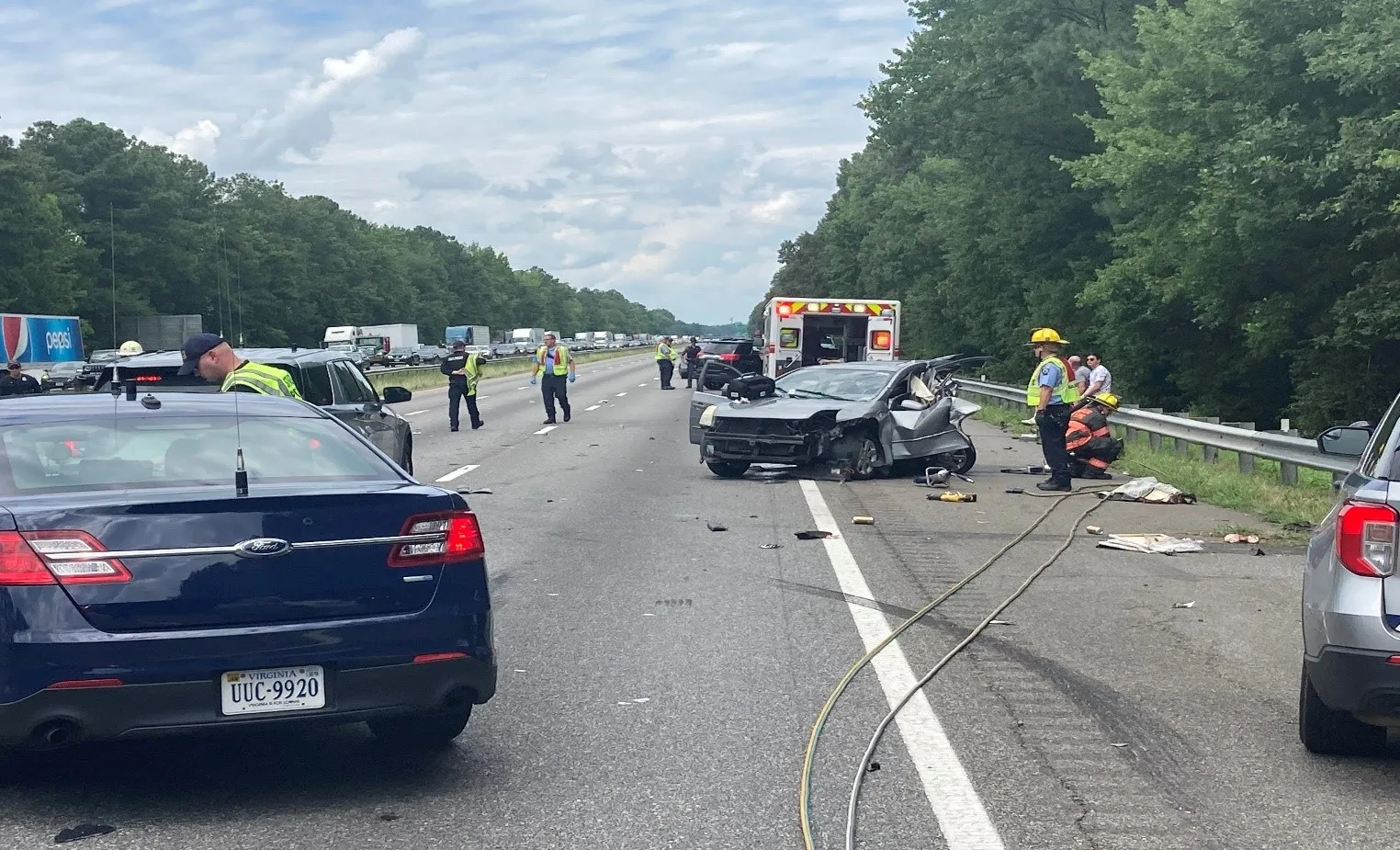
Table of Contents
- Understanding Virginia’s Car Accident Reporting Laws
- Who is Required to File a Car Accident Report in Virginia
- What Types of Accidents Must Be Reported
- Virginia’s Time Limits for Filing an Accident Report
- Penalties for Failing to Report a Car Accident in Virginia
- How to File an Accident Report in Virginia
- What Information You’ll Need to Provide
- How Reporting Affects Your Insurance Claim
- Special Rules for Hit-and-Run Cases
- Final Thoughts: Protecting Your Rights Through Proper Accident Reporting
- FAQs: Virginia Car Accident Reporting Rules
Understanding Virginia’s Car Accident Reporting Laws
Virginia law has specific statutes that define when and how a car accident must be reported. The main legal authority is Virginia Code § 46.2-371 and related sections, which outline driver responsibilities after a collision. These laws are in place to ensure accidents are properly documented for public safety, insurance, and legal purposes.
There are two primary types of reporting in Virginia:
Reporting to Law Enforcement: If the accident meets certain criteria, such as involving injury, death, or significant property damage, the driver must notify the nearest law enforcement agency immediately. This could be local police, county sheriff, or Virginia State Police.
Reporting to the DMV: In certain circumstances, especially if law enforcement is not present or if the accident involves an uninsured driver, the incident must also be reported to the DMV.
Virginia also distinguishes between accidents that happen on public roads and those on private property, with different reporting requirements for each. The state’s laws prioritize immediate reporting for severe accidents but also set clear deadlines for other types of incidents.
Who is Required to File a Car Accident Report in Virginia
Virginia’s car accident reporting laws place primary responsibility on drivers involved in the accident. However, there are specific scenarios where others may also be responsible.
1. Drivers Involved in the Accident
Under Virginia Code § 46.2-371, if you are operating a vehicle involved in an accident that causes injury, death, or property damage, you must:
- Stop immediately at the scene.
- Provide your name, address, driver’s license number, and vehicle registration information to law enforcement and the other party.
- Notify the nearest law enforcement agency without delay if an officer is not present.
2. Vehicle Owners Not Present at the Time
If the driver is not the owner (for example, driving a friend’s or employer’s vehicle), the owner may also need to provide insurance and registration details to law enforcement or the DMV.
3. Unattended Vehicle or Property Owners
If the accident involves an unattended vehicle or property, Virginia law requires you to make a reasonable effort to locate the owner. If you cannot, you must leave your contact information and notify law enforcement.
4. Special Rule for Commercial Drivers
Truck and bus drivers must comply with both Virginia laws and any federal accident reporting requirements applicable to their company and the Federal Motor Carrier Safety Administration (FMCSA).
Failing to report as required can lead to misdemeanor charges, driver’s license suspension, and, in some cases, increased civil liability in a later lawsuit.
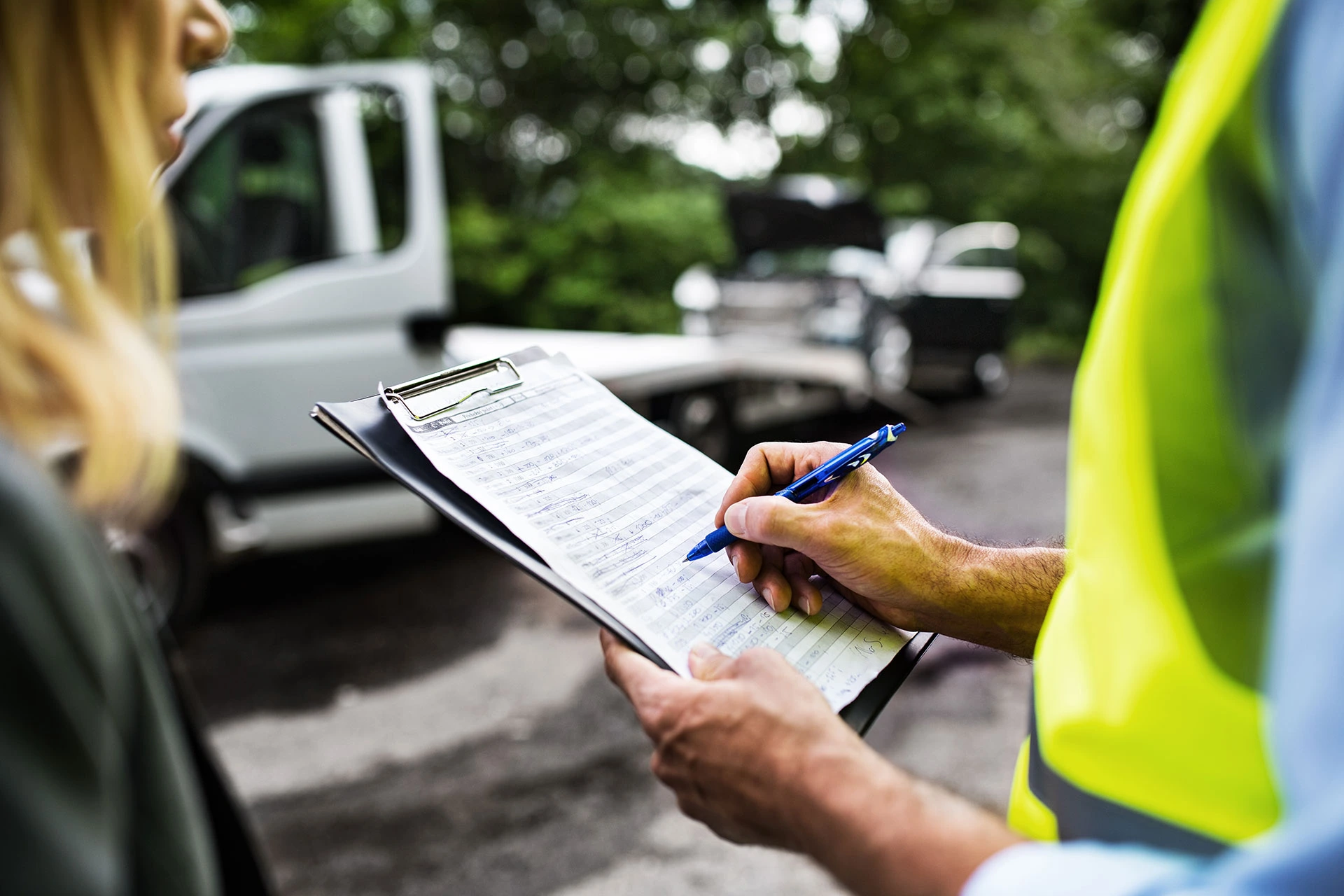
What Types of Accidents Must Be Reported
Not all fender-benders require a formal report, but Virginia sets clear thresholds for when reporting is mandatory.
A. Accidents Involving Injury or Death
If anyone is injured or killed, regardless of the extent of damage, the accident must be reported immediately to law enforcement. This includes drivers, passengers, pedestrians, or cyclists.
B. Property Damage Over $1,500
If the crash results in property damage exceeding $1,500 (to vehicles or other property), it must be reported. This is the current statutory limit set by Virginia law and is subject to change if the legislature updates the amount.
C. Collisions with Unattended Vehicles or Property
Even if the damage is minor, you must report accidents involving parked cars, fences, mailboxes, or other property when the owner is not present.
D. Accidents Involving Uninsured Drivers
If one or more drivers involved are uninsured, the crash must also be reported to the Virginia DMV so the state can take necessary enforcement actions.
E. Private Property Incidents
While most reporting rules focus on public roads, Virginia law still requires reporting accidents on private property if they involve injury, death, or significant damage, especially in locations like parking lots.
Virginia’s Time Limits for Filing an Accident Report
Virginia law sets strict deadlines for reporting accidents, and missing them can have both legal and financial consequences. The specific timeline depends on who you are reporting to and the nature of the crash.
A. Immediate Reporting to Law Enforcement
Under Virginia Code § 46.2-371, if your accident involves injury, death, or certain levels of property damage, you must report it immediately to the nearest law enforcement agency. This means:
- At the scene: If an officer is present, you can give your statement directly.
- If no officer is present: You must contact local police, the county sheriff’s office, or the Virginia State Police as soon as possible after the crash.
There is no grace period for law enforcement notification; the law expects prompt action to protect public safety and preserve evidence.
B. DMV Reporting Deadlines
If the accident meets Virginia’s reporting criteria but no law enforcement officer responds, you may also need to file a report with the Virginia DMV. While Virginia does not have a standalone “accident report form” for drivers in every case, you may be required to provide:
- A written statement of the crash circumstances.
- Insurance details, especially if there are injuries, fatalities, or uninsured drivers involved.
In cases where an uninsured driver is involved, the DMV typically expects notification within 30 days so that it can take appropriate enforcement measures, such as license suspension.
C. Special Cases Involving Fatalities
For accidents involving fatalities, immediate law enforcement reporting is required, and additional reports may need to be filed with the Virginia Medical Examiner or other state agencies as part of the investigation.
Why Acting Early Helps
Even if the law gives you a short window for certain filings, reporting within 24 hours can:
- Strengthen your credibility in insurance and legal claims.
- Preserve crash scene details and witness statements.
- Reduce the risk of allegations that you attempted to hide the accident.
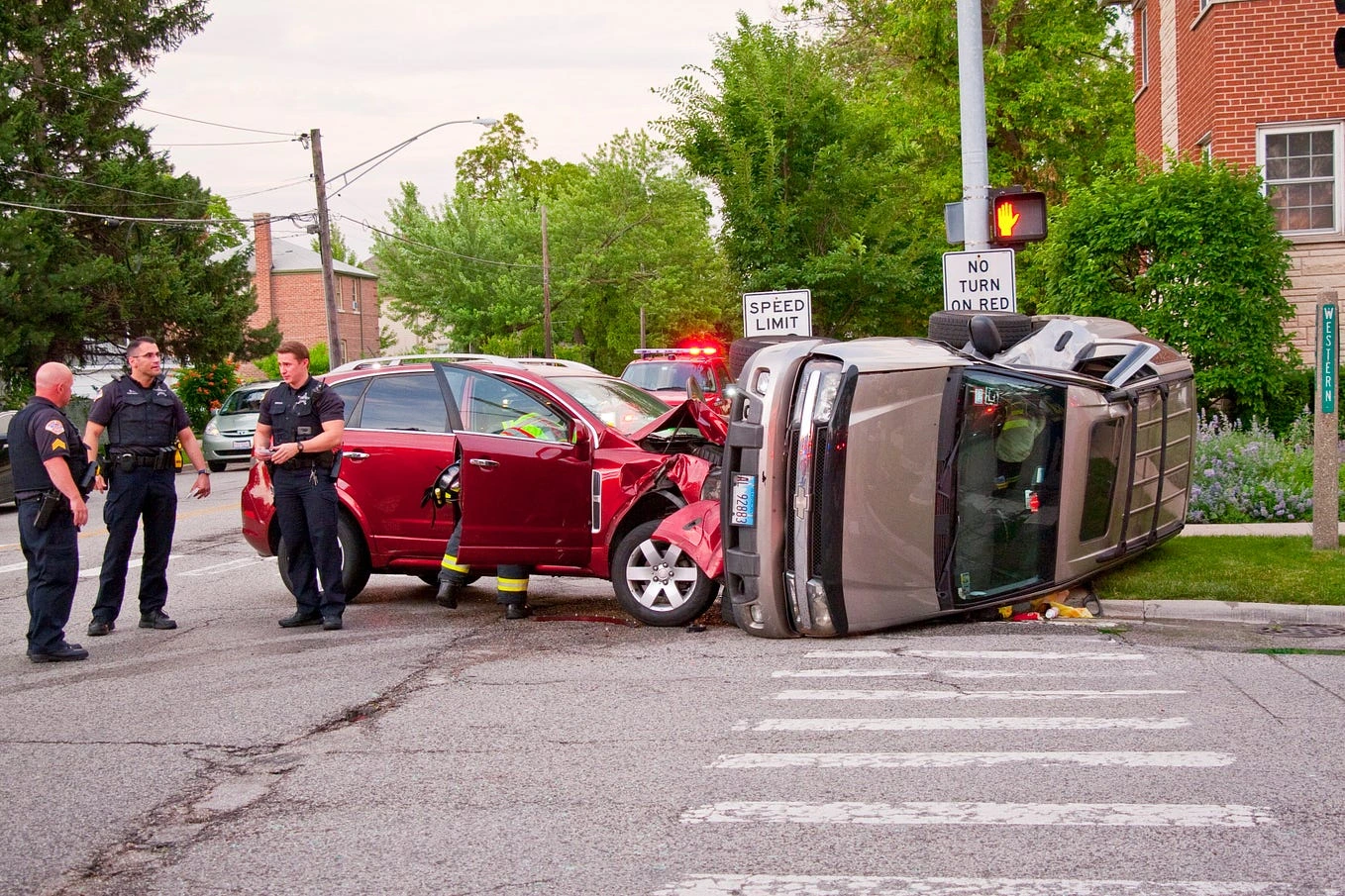
Penalties for Failing to Report a Car Accident in Virginia
Failing to report an accident when required by law is not a minor oversight; it can lead to criminal charges, license penalties, and serious insurance consequences.
A. Criminal Penalties
- Misdemeanor Charges: In many cases, failure to report is treated as a Class 1 misdemeanor, punishable by up to 12 months in jail and a fine of up to $2,500.
- Felony Charges: If the accident involves injury or death and you fail to report, the offense can escalate to a Class 5 felony, which carries 1 to 10 years in prison and substantial fines.
B. Driver’s License Consequences
- License suspension or revocation by the DMV.
- Mandatory reinstatement fees and potential SR-22 (high-risk) insurance filing requirements.
C. Civil Consequences
Failing to report can also weaken your position in a civil lawsuit. The other party’s attorney may argue that your failure to follow the law suggests fault or an attempt to avoid liability, which can damage your credibility in front of a judge or jury.
D. Insurance Impacts
- Your insurer may deny coverage for the accident if you did not report it promptly, citing a breach of your policy terms.
- Delays in reporting can make it harder to prove the cause and extent of damages, leading to lower settlements.
Why Compliance is Critical
Reporting a crash on time is about more than avoiding penalties; it’s about protecting your right to compensation and avoiding unnecessary legal complications.
How to File an Accident Report in Virginia
Filing an accident report in Virginia involves more than simply telling the police, “I had a crash.” The process varies depending on whether law enforcement is on the scene and whether the crash meets mandatory reporting requirements.
A. At the Scene of the Accident
If an officer responds, they will gather the required details and submit the FR300 crash report to the Virginia Department of Motor Vehicles (DMV). You should:
- Provide your driver’s license, vehicle registration, and proof of insurance.
- Offer an accurate statement of what happened, avoid speculation or guessing.
- Give names and contact information for any witnesses.
B. If No Officer Responds
In cases where police do not arrive (such as minor accidents that later reveal hidden damages or injuries), you may still be required to report the incident. Steps include:
- Contact the nearest law enforcement agency as soon as possible.
- Request guidance on submitting a written report if necessary.
- Provide photographs, witness statements, and any relevant medical documentation.
C. Involving the DMV
If the other driver is uninsured, or if there is injury or death, the DMV may need your report to enforce insurance laws or assess penalties. In these cases, timely submission is essential to avoid license suspension.
Tip: Always keep a copy of anything you submit for your own records.
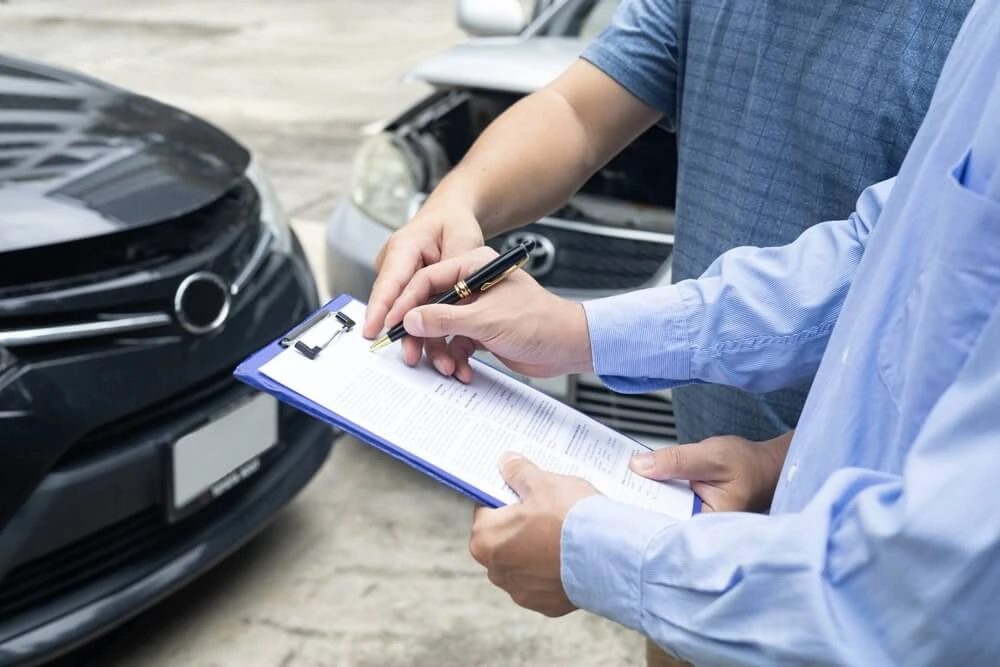
What Information You’ll Need to Provide
The success and accuracy of your accident report depend on the quality of information you include. Virginia crash reports typically require:
A. Personal and Vehicle Details
- Full legal name, address, and driver’s license number.
- Vehicle make, model, year, and registration information.
- Insurance company name, policy number, and coverage type.
B. Accident Facts
- Exact date and time of the crash.
- Location (road names, nearest intersections, mile markers).
- Weather and road conditions at the time.
- Estimated speed of each vehicle before impact.
C. People Involved
- Names and contact information of all drivers.
- Passenger names and any noted injuries.
- Pedestrians or cyclists involved, if applicable.
D. Witness and Evidence Details
- Names and phone numbers of independent witnesses.
- Photographs of the accident scene, vehicle positions, and damages.
- Diagrams showing how the crash occurred.
E. Special Notes
If you suspect DUI, reckless driving, or a commercial vehicle violation, state this clearly; it may affect fault determinations and legal proceedings.
Why Thoroughness Matters: A detailed and accurate report strengthens your insurance claim, supports your legal position, and ensures compliance with Virginia law.
How Reporting Affects Your Insurance Claim
Reporting a car accident in Virginia is not just a legal obligation; it can directly impact whether your insurance claim is approved and how much compensation you receive.
A. Proof of Compliance
When you file an accident report promptly, you create an official record that proves you followed state requirements. Insurance companies often review this record to verify accident details before processing your claim. Delays or missing reports can give insurers a reason to reduce or deny payouts.
B. Establishing Fault
Virginia follows a pure contributory negligence rule, meaning you cannot recover damages if you are even 1% at fault. A properly documented report helps clarify the sequence of events and can protect you from inaccurate or biased fault assignments.
C. Supporting Medical Claims
Injury-related claims require proof that the accident caused your medical condition. The accident report, combined with medical records, helps establish this link. Without it, the insurer may argue your injuries were unrelated.
D. Preventing Disputes
Insurers sometimes challenge the validity of a claim if there is no official accident record. A timely and accurate report can shorten claim processing times and reduce the risk of costly disputes or appeals.
Special Rules for Hit-and-Run Cases
Hit-and-run accidents in Virginia involve additional legal and reporting considerations. Failing to handle these properly can result in penalties and lost compensation opportunities.
A. Immediate Reporting Is Mandatory
Under Virginia law, if you are involved in a hit-and-run, whether as a driver, pedestrian, or cyclist, you must report the incident to law enforcement immediately. Waiting too long can result in criminal charges.
B. Uninsured Motorist (UM) Coverage Requirements
In most hit-and-run cases, compensation comes from your own uninsured motorist coverage. However, to use this coverage, Virginia law requires that you report the accident to the police within a reasonable time and make every effort to identify the other driver.
C. Collecting Evidence Quickly
Without the at-fault driver’s information, your case will rely heavily on evidence. You should:
- Take photos of vehicle damage and the scene.
- Gather witness contact details.
- Look for nearby security or traffic cameras.
D. Legal Penalties for Leaving the Scene
If the hit-and-run driver is found, they can face criminal charges ranging from misdemeanors to felonies, depending on the severity of injuries or property damage. These penalties can also strengthen your civil case for damages.
Key Takeaway: In hit-and-run situations, fast action is critical, both for your safety and for preserving your right to compensation.
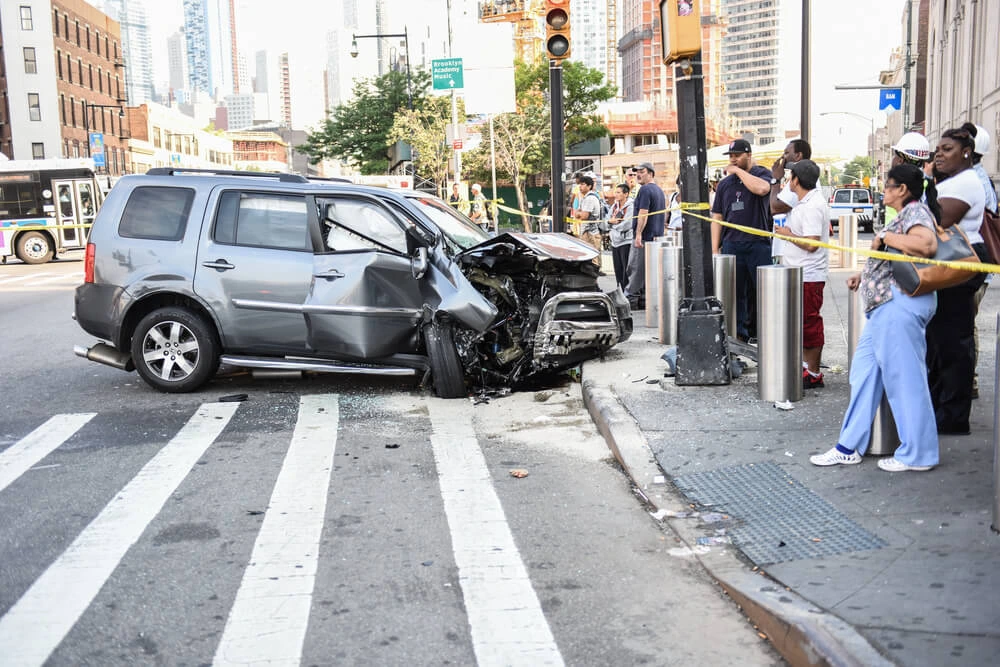
Final Thoughts: Protecting Your Rights Through Proper Accident Reporting
Understanding and following Virginia’s accident reporting rules is more than a legal checkbox; it’s a safeguard for your rights, your finances, and your health. Filing promptly ensures compliance with state law, creates a strong factual record for insurance claims, and protects you against disputes over fault or coverage.
Even in minor accidents, skipping the reporting step can have serious consequences, including denied insurance claims or exposure to legal penalties. If the crash involves injuries, fatalities, or significant property damage, timely and accurate reporting is essential.
When in doubt, err on the side of caution: call law enforcement, document the scene, and notify your insurance company. And if there are any complexities, such as disputed fault, uninsured drivers, or injuries, consulting a Virginia car accident lawyer can help ensure you meet all deadlines, preserve critical evidence, and maximize your chances of fair compensation.
FAQs: Virginia Car Accident Reporting Rules
1. Do I have to report every car accident in Virginia?
No. You only have to report if the crash causes injury, death, or property damage above $1,500. However, even minor crashes should be documented to protect your rights.
2. How soon must I report a car accident in Virginia?
You must report accidents involving injury, death, or significant property damage to law enforcement immediately. Insurance companies typically require notice within 24–48 hours.
3. What happens if I do not report an accident?
Failing to report can result in legal penalties, a suspended license, and insurance claim denials, especially if injuries or significant damage were involved.
4. Who files the accident report, me or the police?
If law enforcement responds to the scene, they will file the official report. If police are not called, you may be required to submit a written report to the Virginia DMV within a set timeframe.
5. Can I still file a claim if I reported the accident late?
Possibly, but late reporting can weaken your case. Insurance companies may argue that the delay suggests the claim is invalid or exaggerated. Prompt reporting is always best.
6. Should I hire a lawyer for a car accident report issue?
Yes, if your accident involves injuries, disputed fault, uninsured drivers, or potential legal penalties for late reporting, a lawyer can help protect your rights and strengthen your case.
Latest Posts
Virginia Car Accident Reporting Rules: Who Must File and How Soon?
Car accidents can cause more than just physical injuries and property damage. They trigger legal and administrative responsibilities that every driver...
Who Covers Hospital Bills After a Virginia Truck Crash?
A Virginia truck crash can leave you facing devastating injuries and overwhelming medical bills. Between emergency room visits, surgeries, and follow-up...
